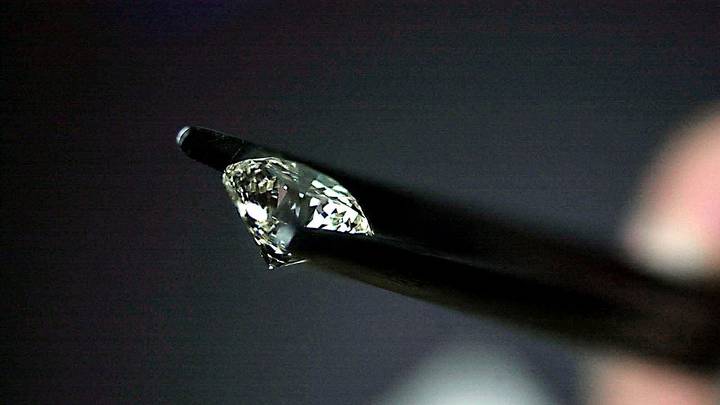The Central African Republic (CAR) has been trying to persuade the Kimberley Process (KP) to lift the diamond export embargo that has been in place for over ten years.
The Central African Republic (CAR), after the outbreak of civil war in 2013, has been trying to persuade the Kimberley Process (KP) to lift the diamond export embargo that has been in place for more than ten years. At the opening of the KP plenary session in Dubai on Tuesday, CAR’s Minister of Mines and Geology, Rufin Benam Beltoungou, presented the government’s case for removing the restrictions, highlighting progress in restoring security and meeting international standards for diamond traceability.
The KP had imposed the embargo in response to the political and military crisis that escalated into a civil war. Minister Beltoungou claimed that the security situation had improved and that, as confirmed by a visit from a KP expert team in September, the CAR now met the minimum traceability requirements for diamond exports.
Although conflict has decreased since 2018, the CAR still faces sporadic violence and remains one of the poorest countries in the world. The country’s diamond industry, along with gold, represents a vital resource, but ongoing sanctions have significantly impacted the CAR’s economy. In 2011, the country earned $50 million from diamond exports, but that figure fell to just over $500,000 last year.
President Faustin Archange Touadera called for the lifting of the embargo, citing the country’s relative stability, while the United Nations and the International Monetary Fund have highlighted ongoing security challenges, particularly in the mining sector. The KP plenary, running until Friday, presents a crucial opportunity for the CAR to make its case before the global diamond trading community.

















